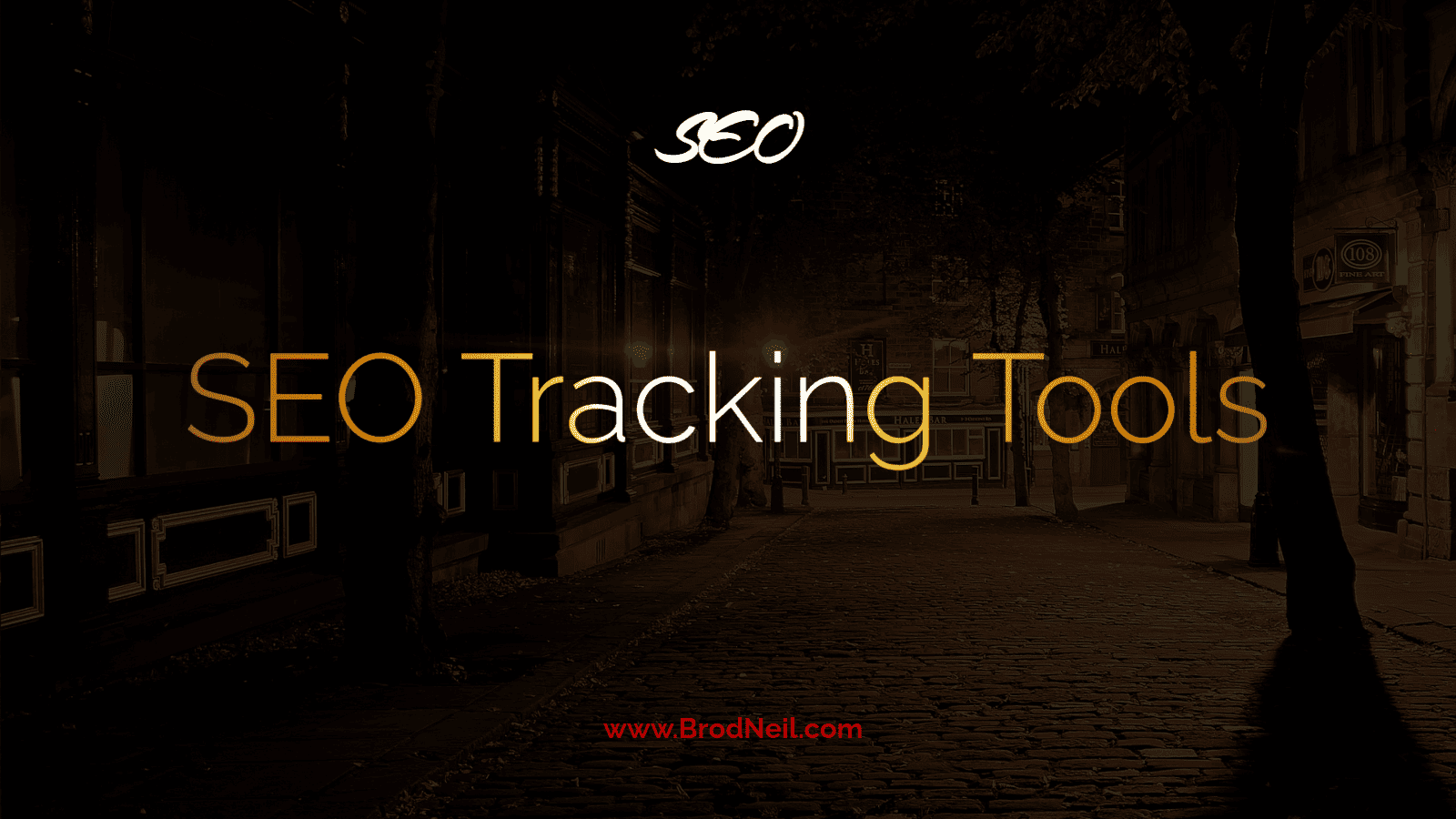As businesses continue to move online, search engine optimization (SEO) becomes a crucial component of digital marketing. One of the best ways to optimize your website for search engines is by using SEO tracking tools. These tools allow you to track your website’s performance, identify areas for improvement, and monitor your competitors. In this article, we will discuss the different types of SEO tracking tools, their features, and how to choose the right tool for your business.
Introduction
SEO tracking tools are software programs that allow you to track your website’s search engine performance. They help you monitor your website’s ranking, identify keyword opportunities, and optimize your content for search engines. By using these tools, you can ensure that your website is visible to your target audience, increase your online presence, and improve your search engine rankings.
Types of SEO tracking tools
There are different types of SEO tracking tools, including keyword research and analysis tools, rank tracking tools, backlink analysis tools, on-page optimization tools, and competitor analysis tools.
Keyword research and analysis tools help you identify relevant keywords and analyze their search volume and competition.
Rank tracking tools help you monitor your website’s ranking on search engines for specific keywords.
Backlink analysis tools help you track your website’s backlinks and monitor your competitor’s backlinks.
On-page optimization tools help you optimize your website’s content for search engines.
Competitor analysis tools help you analyze your competitor’s SEO strategy.
Features of SEO tracking tools
SEO tracking tools come with different features, including a user-friendly interface, customizable reports, real-time data tracking, integration with other tools, and multiple device and platform compatibility.
A user-friendly interface makes it easy to navigate the tool and access the data you need.
Customizable reports allow you to generate reports that meet your specific needs.
Real-time data tracking provides up-to-date information on your website’s search engine performance.
Integration with other tools allows you to use the tool alongside other marketing tools.
Multiple device and platform compatibility ensures that you can use the tool on different devices and platforms.
Top SEO tracking tools in the market
There are many SEO tracking tools in the market, but some of the most popular ones are the following:
SEMrush is another popular tool that offers similar features as Ahrefs, as well as features such as site audit and social media analysis.
Ahrefs is a comprehensive SEO tool that offers features such as keyword research, rank tracking, backlink analysis, and content analysis.
Moz is an all-in-one SEO tool that provides features such as keyword research, link building, and site audit.
Google Search Console is a free tool that helps you monitor your website’s search engine performance,.
Serpstat offers features such as keyword research, competitor analysis, and rank tracking.
How to choose the right SEO tracking tool
To choose the right SEO tracking tool for your business, you need to do the following:
- Identify your business needs by determining your website’s goals and objectives.
- Consider your budget by choosing a tool that fits your budget.
- Look for the features you need by considering the types of SEO tracking tools and their features.
- Read reviews and compare tools by checking online reviews and comparing the features and prices of different tools.
Tips for using SEO tracking tools effectively
To use SEO tracking tools effectively, you need to set up goals and benchmarks, monitor your progress regularly, use the data to make informed decisions and combine SEO tracking tools with other marketing strategies. Set up goals and benchmarks by defining what you want to achieve and setting realistic targets. Monitor your progress regularly by tracking your website’s search engine performance on a regular basis and adjusting your strategy accordingly. Use the data to make informed decisions by analyzing the data provided by the tool and identifying areas for improvement. Combine SEO tracking tools with other marketing strategies by using the data to inform your social media strategy, email marketing, and content marketing.
1. Set Clear Goals and Benchmarks
- Define what you want to achieve
- Set realistic targets and benchmarks
- Use the tool to track progress toward your goals
2. Monitor Progress Regularly
- Keep an eye on your website’s search engine performance
- Track your rankings for specific keywords
- Look for trends or changes in your website’s traffic
3. Use Data to Make Informed Decisions
- Analyze the data provided by the tool
- Identify areas for improvement and optimization
- Adjust your SEO strategy based on the data and insights provided
4. Combine SEO Tracking Tools with Other Marketing Strategies
- Use the data to inform your social media strategy
- Incorporate SEO insights into your email marketing campaigns
- Optimize your content marketing strategy based on keyword research
5. Stay Up-to-Date with Algorithm Changes and Industry Trends
- Keep up with changes to search engine algorithms
- Stay informed about trends in SEO and digital marketing
- Adjust your strategy to stay ahead of the competition
These tips can help you get the most out of your SEO tracking tools and improve your website’s search engine performance over time.
Conclusion
SEO tracking tools are essential for any business looking to improve its search engine rankings and increase its online presence. By using the right tool, you can track your website’s performance, identify areas for improvement, and optimize your content for search engines. When choosing an SEO tracking tool, consider your business needs, budget, and the features offered by the tool. By using the tool effectively and combining it with other marketing strategies, you can achieve your website’s goals and objectives and improve your online visibility.

